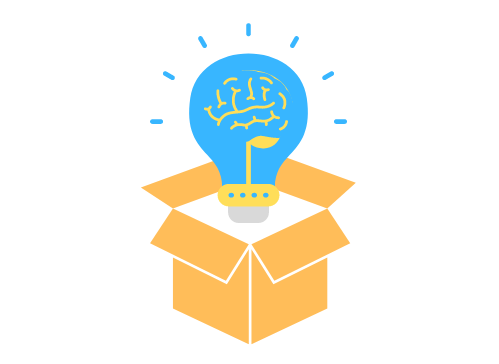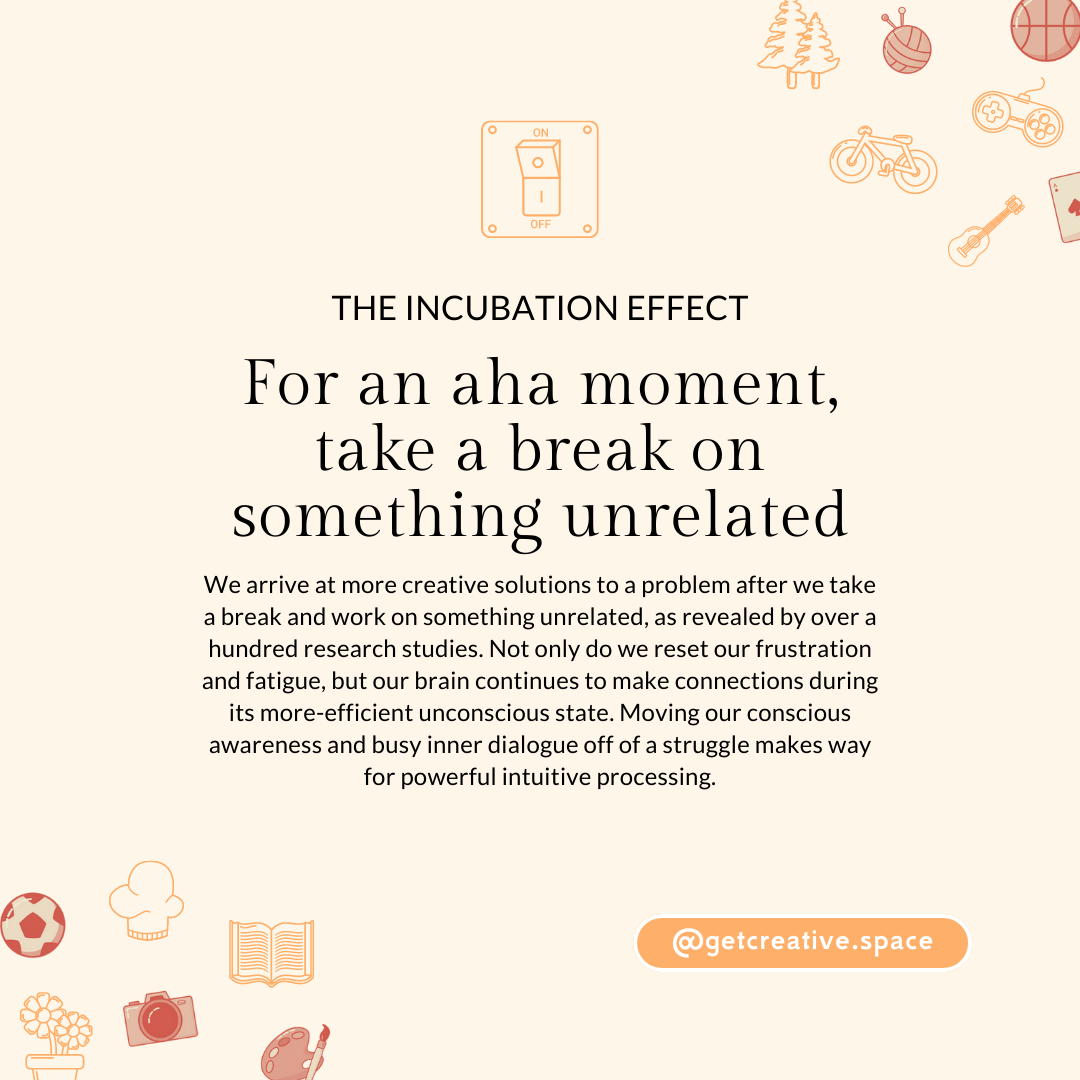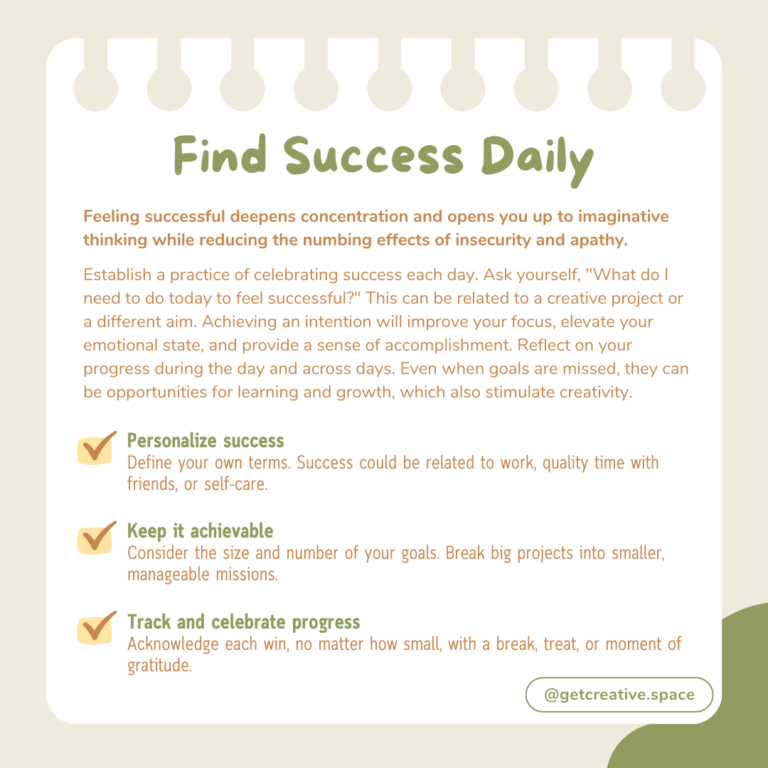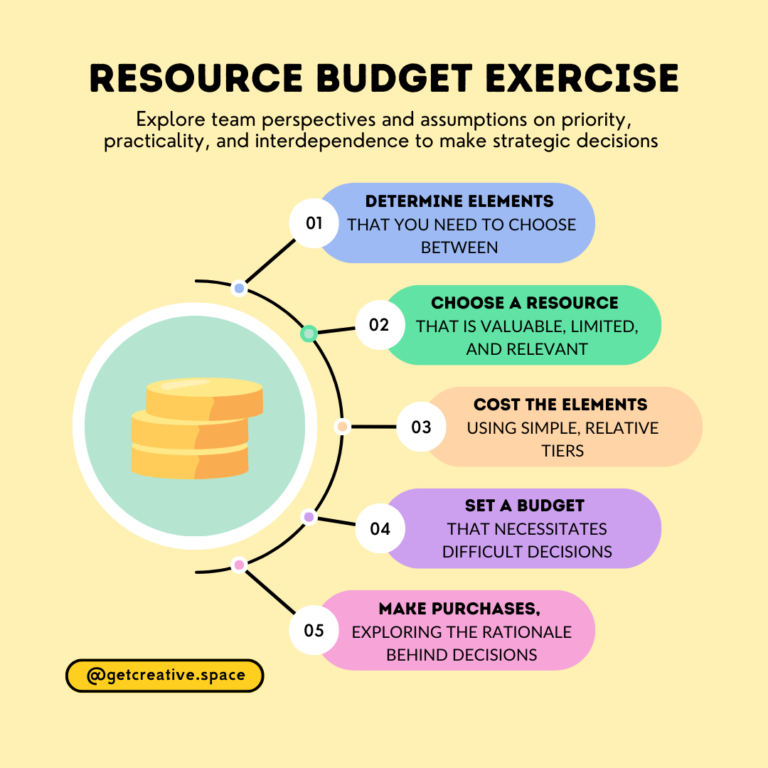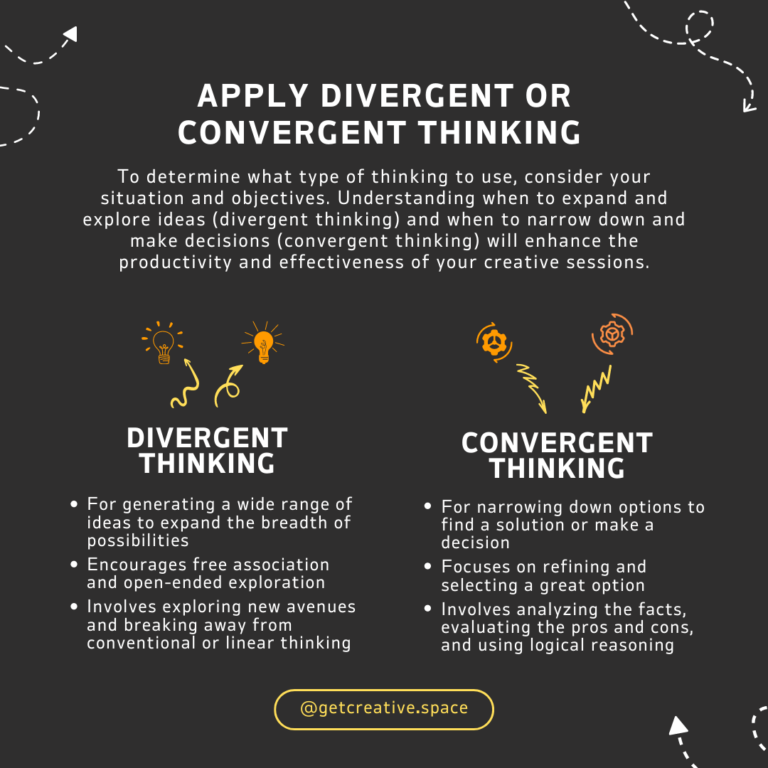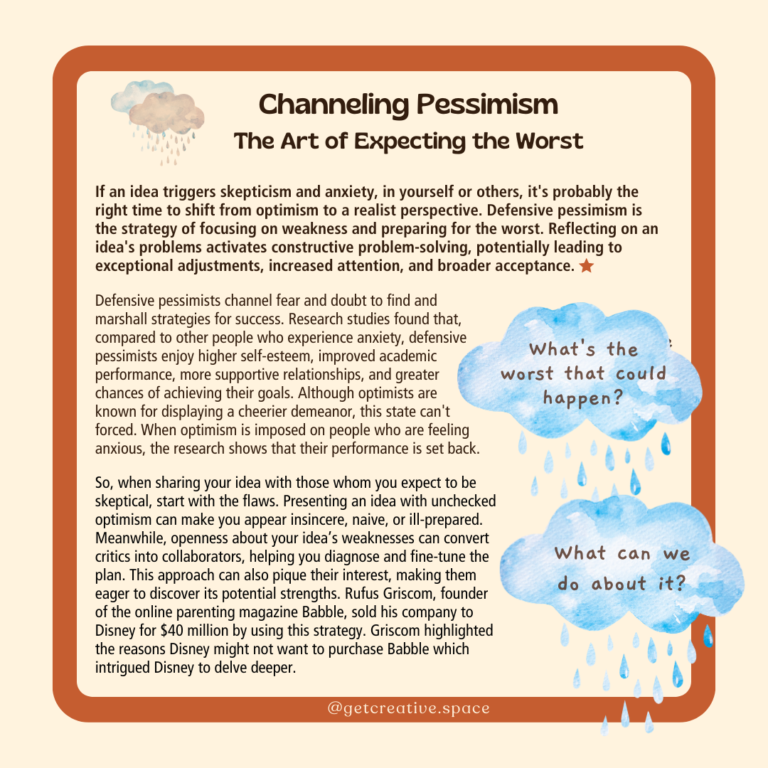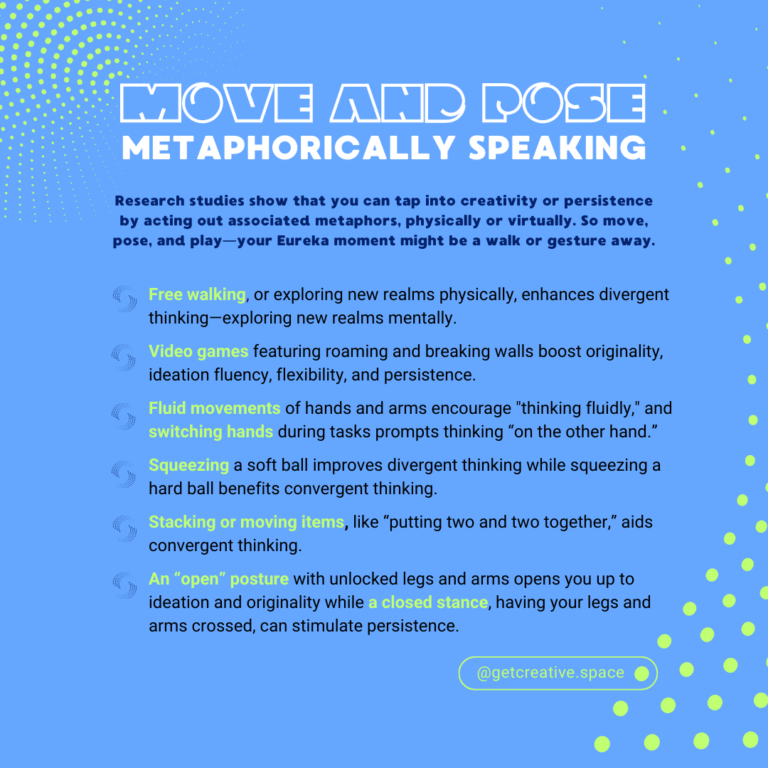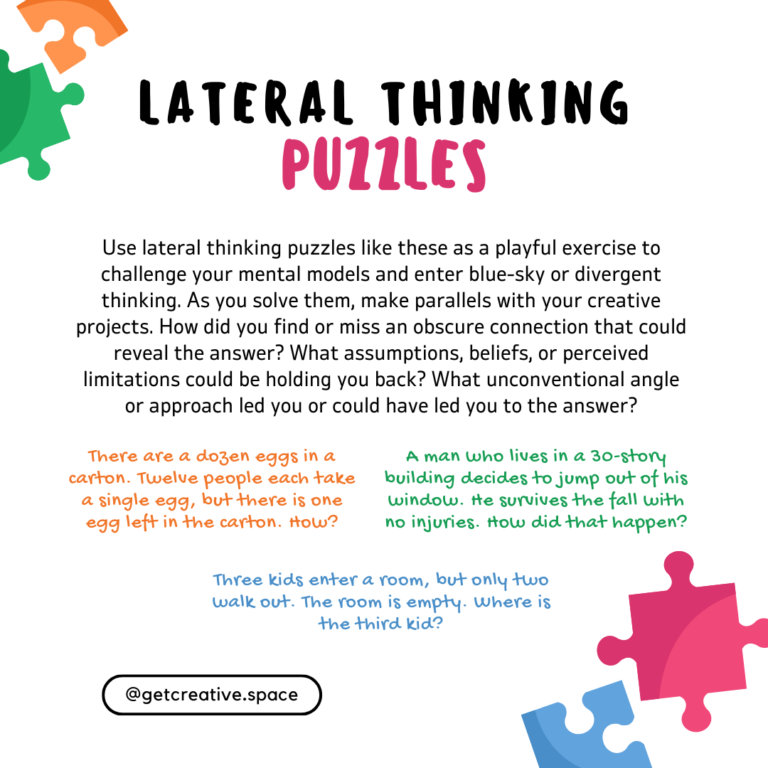Take a break on something unrelated
Taking breaks from focused tasks or problems can significantly enhance our chances of experiencing the coveted “aha” moment. A wealth of research studies, spanning over a hundred experiments, have consistently demonstrated that people perform better in creative problem-solving when they momentarily shift their focus to unrelated activities.1 2 These breaks not only alleviate frustration and fatigue but also allow our brains to forge connections during their more efficient unconscious state. Surprisingly, our conscious awareness and incessant inner dialogue may sometimes hinder the emergence of powerful intuitive insights. By relaxing our conscious analysis and creating space for more creative processing, we can tap into our inherent problem-solving abilities.
Delving deeper into the fascinating realm of breaks and their impact on creativity, here are some key insights from the extensive body of research:
- Resetting Frustration and Fatigue: Taking breaks provides a valuable opportunity to reset our mental state, reducing frustration and combating mental fatigue. Stepping away from a particular task or problem temporarily allows us to return with a fresh perspective and renewed energy.
- Unleashing Unconscious Connections: During periods of rest or engagement in unrelated activities, our brains continue to make connections unconsciously. It is in this state that our minds efficiently process information, enabling the formation of novel associations and insights. By giving our brains time to work beneath the surface, we create fertile ground for creative breakthroughs.
- Overcoming Conscious Interference: Our conscious awareness and busy inner dialogue can sometimes impede the flow of creative thinking. By loosening the grip of conscious analysis, we create space for intuitive and imaginative thoughts to emerge. Allowing ourselves to engage in more open and relaxed thinking fosters creative problem-solving.
Embracing the power of breaks in our cognitive endeavors holds immense potential for unlocking our creative capabilities. By recognizing the value of stepping back from a specific task or problem, we open doors to fresh perspectives and innovative solutions. The following time you find yourself grappling with a challenge, consider the following:
- Embrace Diversified Activities: Engage in unrelated tasks or activities during breaks, allowing your mind to wander freely and make unconscious connections. This might involve taking a walk, engaging in a hobby, or simply giving yourself permission to relax and recharge.
- Trust Your Intuition: Be open to the insights that emerge from your unconscious mind. Sometimes, the most powerful solutions reveal themselves when we relinquish control and allow our intuition to guide us. Embrace the wisdom of your intuitive faculties during moments of relaxation and reflection.
- Cultivate a Balance: Strive for a balance between conscious analysis and unconscious processing. Recognize that while conscious effort is valuable, it can be enhanced by allowing your mind to wander and make connections in the background. Embrace the ebb and flow between active engagement and moments of respite.
By harnessing the benefits of breaks and recognizing the intricate interplay between conscious and unconscious thinking, we can unlock our full creative potential. So, the next time you find yourself immersed in a task or problem, remember that a strategic pause can pave the way for that illuminating “aha” moment and propel your creative journey to new heights.
- Gilhooly, Kenneth J. (2016). Incubation and Intuition in Creative Problem Solving. Frontiers in Psychology. 10.3389/fpsyg.2016.01076
- Ellwood, Sophie & Pallier, Gerry & Snyder, Allan & Gallate, Jason. (2009). The Incubation Effect: Hatching a Solution? Creativity Research Journal . 21. 6-14. 10.1080/10400410802633368.
